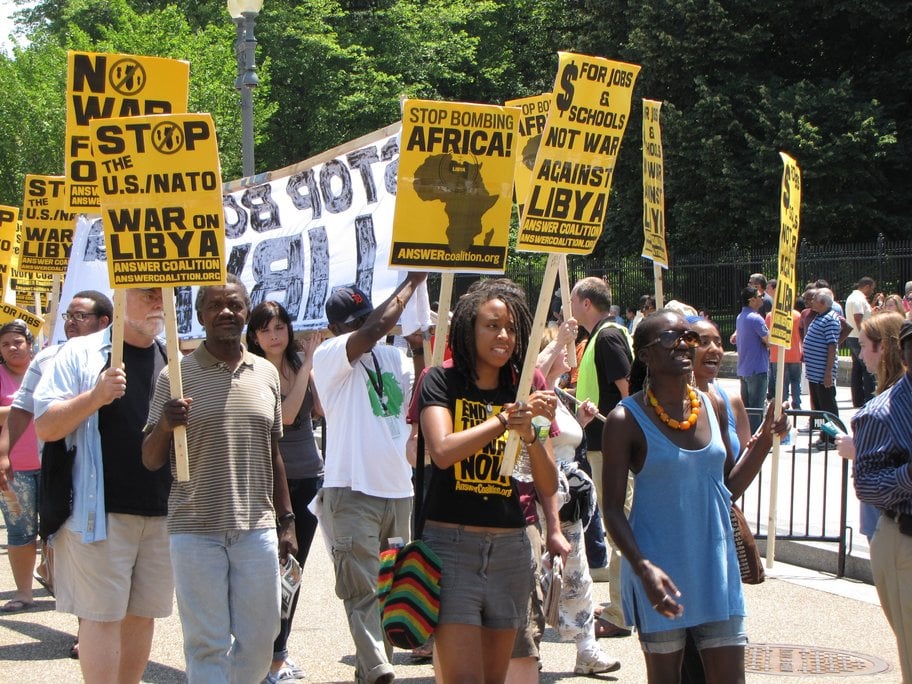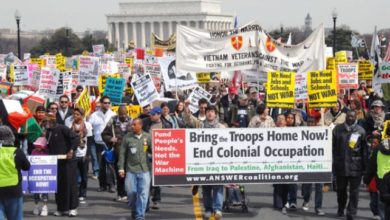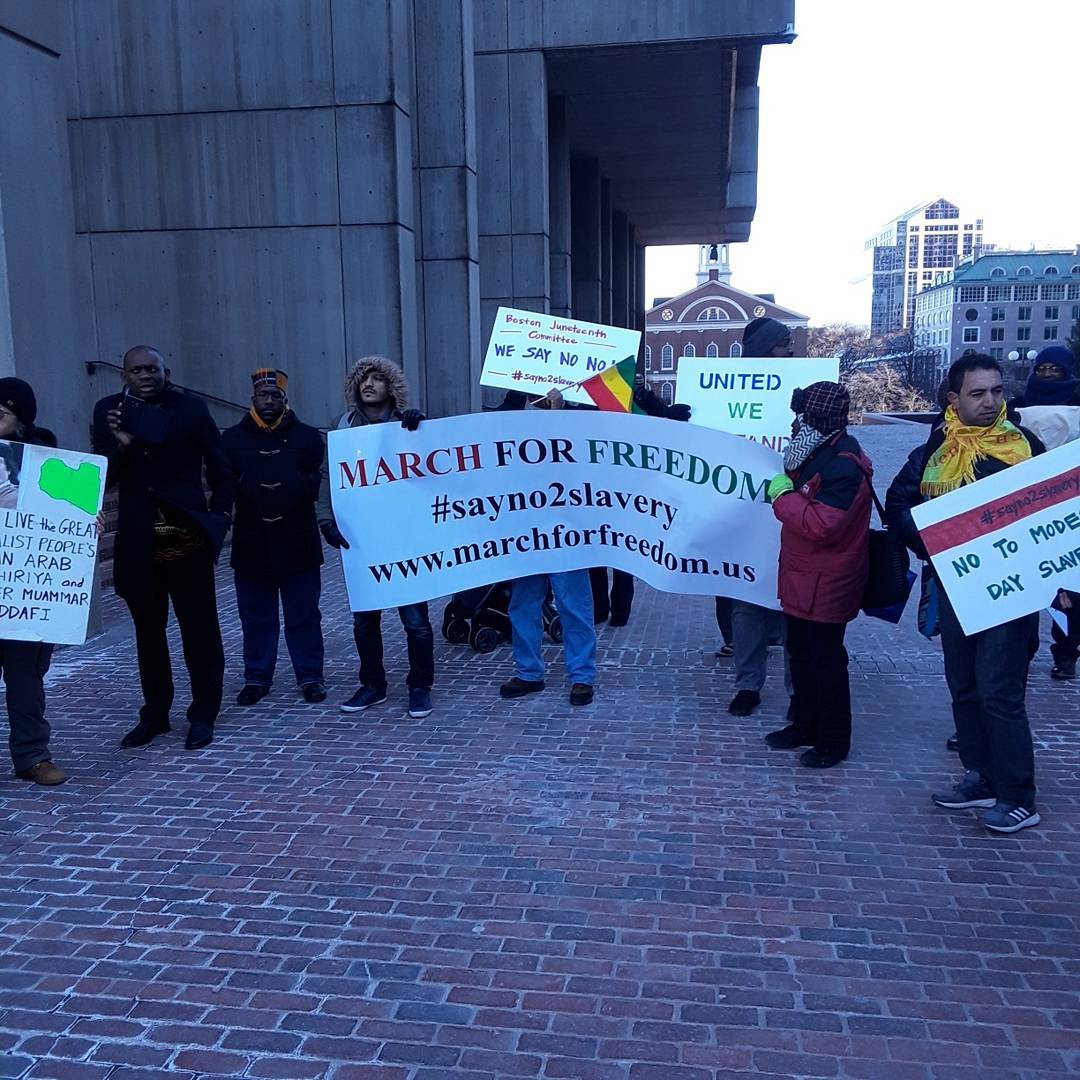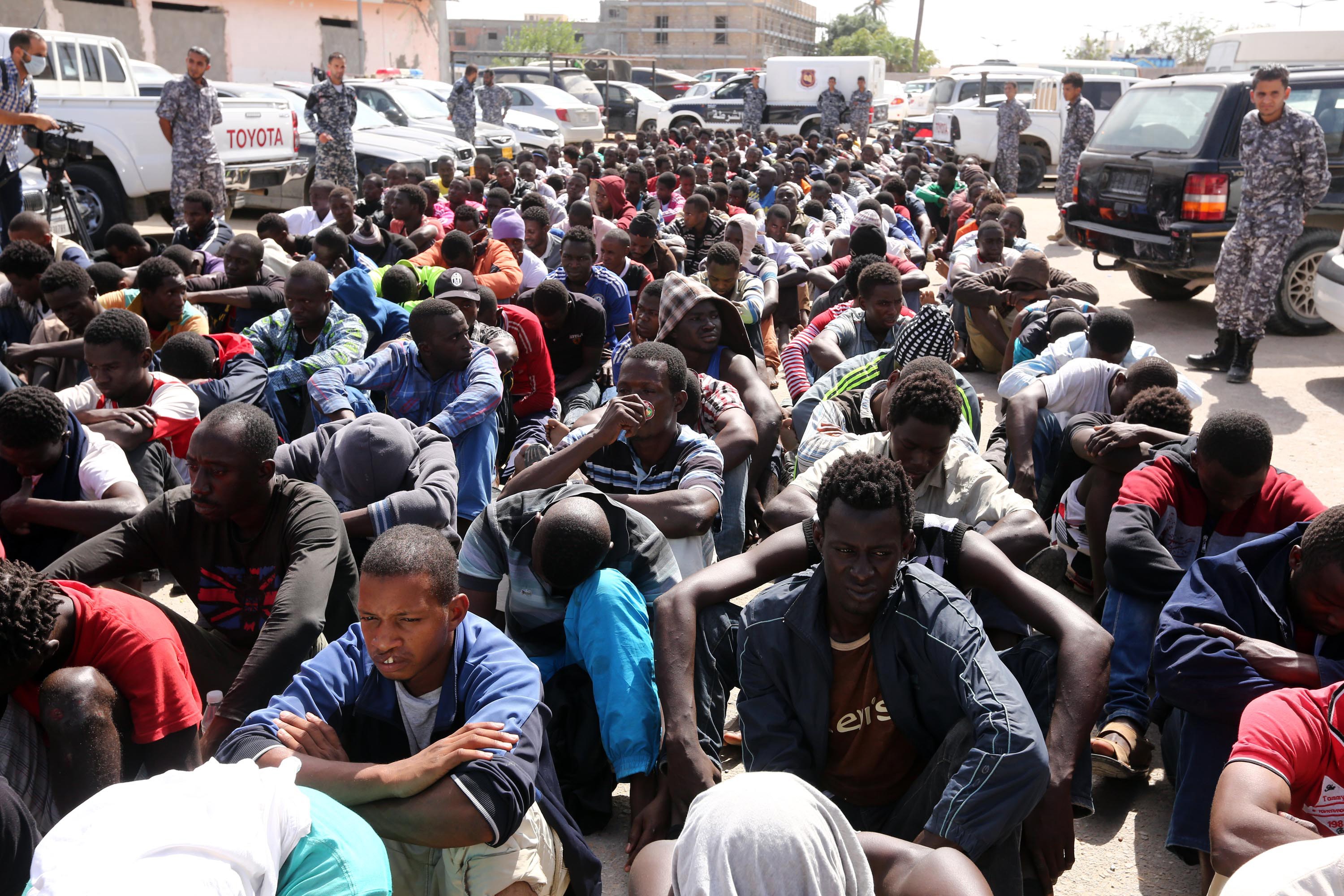Once a united, stable and relatively peaceful country, Libya has been continuously engulfed in turmoil and violence since the start of the pro-imperialist uprising Feb. 17, 2011. March 19 marks the one year anniversary since the start of the NATO bombing and intervention in Libya, an intervention that has proven disastrous for the Libyan people. In the most recent development, Cyrenaica, the eastern region of Libya, has declared that it will seek “semi-autonomy” from the central government in Tripoli.
On March 6, militia commanders and tribal and business leaders held the first “Congress of the People of Cyrenaica” near the city of Benghazi, where they elected a governing council. At the head of the council is Ahmed al-Zubair Ahmed al-Sanusi, a direct descendant of King Idris—the pro-imperialist despot overthrown in 1969—and a member of the NATO-installed National Transition Council.
Mohammed Buisier, a Libyan-American who helped organize the Congress, said that semi-autonomy means that Cyrenaica will be in control of “housing, education and other things and would delegate national security, defense … to the central government.” (Reuters, March 5)
From the Ottoman Empire until 1969, following Libya’s liberation from Italian and British colonialism with the defeat of the axis powers in World War II and then the military coup led by Colonel Muammar Gaddafi that overthrew British-installed King Idris, the country was divided into three provinces: Cyrenaica in the East, Tripolitania in the Northwest and Fezzan in the Southwest.
Cyrenaica, or in Arabic, Barqa, stretches from the central city of Sirte to the Egyptian border. The region was home to King Idris, and not coincidentally, it is where most of Libya’s oil reserves are located.
While claiming to want to achieve autonomy through peaceful means, including petitioning the U.N. for recognition, Cyrenaica already has a separate military force.
Col. Hamid Al-Hassi, commander of the Cyrenaica Supreme Military Council, made explicit the priorities of the forces: “Even if we had to take over the oil fields by deploying our forces there or risk another war, we will not hesitate for the sake of Barqa.” (Associated Press, March 4)
Unfortunately, the partitioning of formerly independent countries is a common outcome of counter-revolutions and pro-imperialist uprisings. It is too early, however, to predict the outcome of the situation. As some 5,000 people attended the Congress, thousands of others protested right outside. There were also street protests against the move in Tripoli.
In an ironic statement, National Transitional Council Chairman Mustafa Abdel Jalil, who is only in power thanks to U.S. and NATO forces, said that the plan for autonomy was contrived by foreign powers. Unable to establish any meaningful authority, however, the NTC has stated that it will allow the region to petition for autonomy, and it is unlikely that the NTC would be able to mount any actual resistance to the move.





